In today's fast-paced world, sleep often takes a backseat as we juggle multiple responsibilities and pursue our goals. However, a good night's sleep is not just a luxury; it is an essential pillar of overall well-being.
Quality sleep has numerous benefits, including improved physical health, enhanced mental function, and increased productivity. One effective way to optimise our sleep patterns is by tracking our sleep. In this post, we will explore the importance of sleep and delve into the reasons why tracking it is a beneficial practice.

The Importance of Sleep
Sleep is a fundamental physiological process that allows our bodies and minds to recharge and rejuvenate. It is during sleep that our bodies repair damaged cells, regulate hormone levels, and consolidate memories. Adequate sleep is crucial for optimal functioning in several areas of our lives.
Physical Health Benefits
- a) Enhanced Immune System: Sufficient sleep strengthens the immune system, making us more resilient against infections, diseases, and chronic conditions. Research has shown that individuals who consistently get quality sleep have a lower risk of developing heart disease, diabetes, and obesity.
- b) Improved Physical Performance: Whether you're an athlete or simply enjoy an active lifestyle, sleep plays a vital role in enhancing physical performance. It aids in muscle recovery, increases energy levels, and improves coordination and reaction time.
- c) Weight Management: Sleep deficiency has been linked to an increased risk of weight gain and obesity. Lack of sleep affects the hormones responsible for appetite regulation, leading to cravings and overeating.
Mental Function and Emotional Well-being
- a) Cognitive Performance: Sleep deprivation impairs cognitive function, affecting memory, attention, decision-making, and problem-solving abilities. On the other hand, a well-rested mind is more focused, creative, and efficient.
- b) Emotional Regulation: Sufficient sleep contributes to emotional well-being and helps regulate moods. Lack of sleep can make us more prone to stress, anxiety, irritability, and depression.
- c) Mental Health: Sleep disturbances are often associated with mental health disorders such as depression and anxiety. Prioritising sleep and establishing healthy sleep patterns can significantly improve mental health outcomes.
The Benefits of Tracking Sleep on mymonX
Awareness and Insight
Tracking our sleep patterns provides us with valuable insights into our individual sleep habits. By monitoring the duration and quality of our sleep, we can gain awareness of any potential issues, such as insomnia, sleep apnea, or restless leg syndrome. This awareness allows us to make informed decisions about our sleep routine and seek appropriate solutions when necessary.
Identifying Sleep Patterns
Tracking sleep enables us to identify patterns and trends in our sleep habits. We can observe if our sleep quality improves on certain days of the week, with specific lifestyle changes, or after engaging in particular activities. These patterns can help us pinpoint factors that positively or negatively impact our sleep, leading to better sleep hygiene and optimization.

Setting Goals and Prioritising Sleep
Sleep tracking empowers us to set goals for our sleep duration and quality. By establishing targets based on recommended sleep guidelines (typically 7-9 hours for adults), we can prioritise sleep as an integral part of our daily routine. Tracking progress toward these goals creates a sense of accountability and motivation to achieve them consistently.
Personalised Sleep Optimization
Every individual has unique sleep needs and preferences. The mymonX sleep tracking capabilities provide personalised data that can be utilised to optimise our sleep routine. By understanding our sleep patterns, we can determine the best sleep and wake times, create a conducive sleep environment, and adopt relaxation techniques that work for us.

Health Monitoring and Sleep Disorders
For individuals with sleep disorders, tracking sleep can be especially beneficial. By recording sleep data, including disruptions, snoring, or abnormal sleep stages, individuals can provide their healthcare professionals with valuable information for diagnosis and treatment. Sleep tracking can be a crucial tool in managing conditions like sleep apnea, insomnia, or narcolepsy.
To conclude, sleep is not an indulgence but a necessity for optimal physical, mental, and emotional well-being. Prioritising sleep and tracking its duration and quality can lead to significant benefits in various aspects of our lives. From improved physical health to enhanced cognitive function and emotional regulation, sleep tracking offers valuable insights and empowers us to optimise our sleep routine. By taking control of our sleep habits, we pave the way for a more fulfilling and productive life. So, let's embrace the power of sleep and make tracking it a valuable practice in our daily lives.

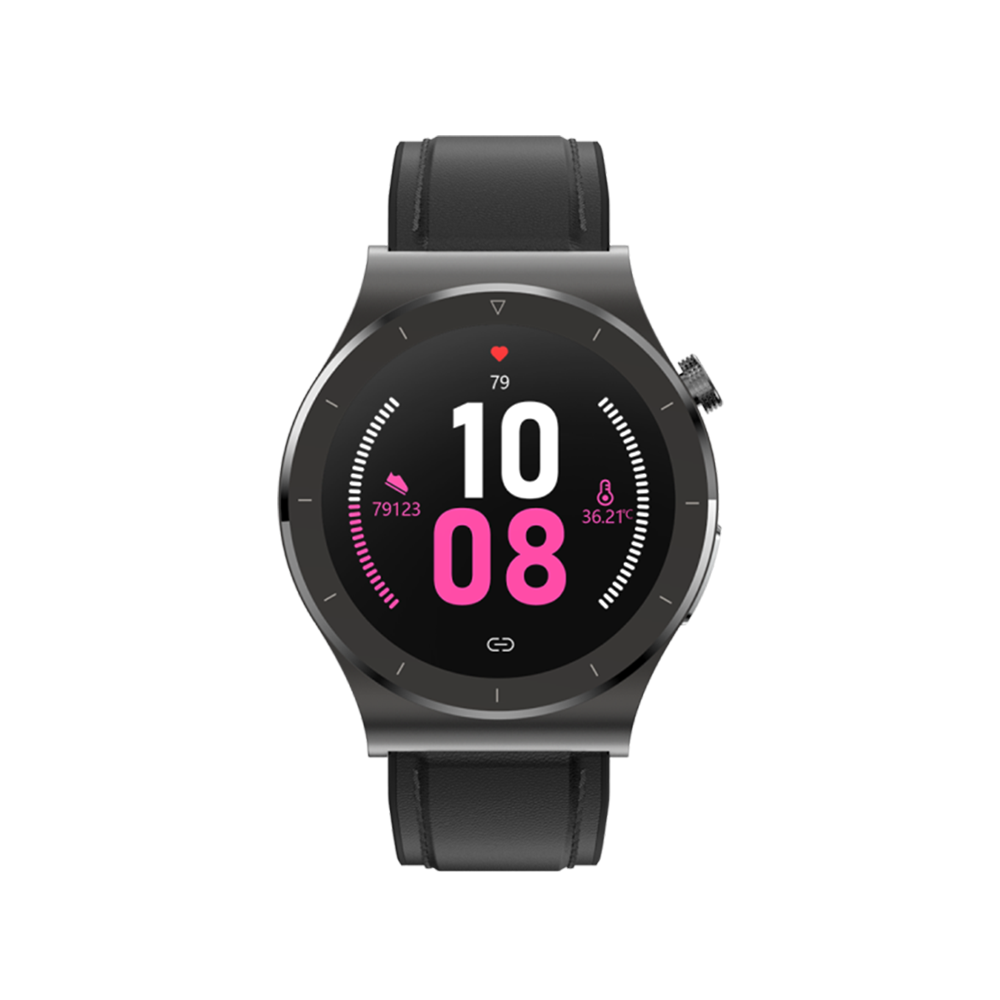
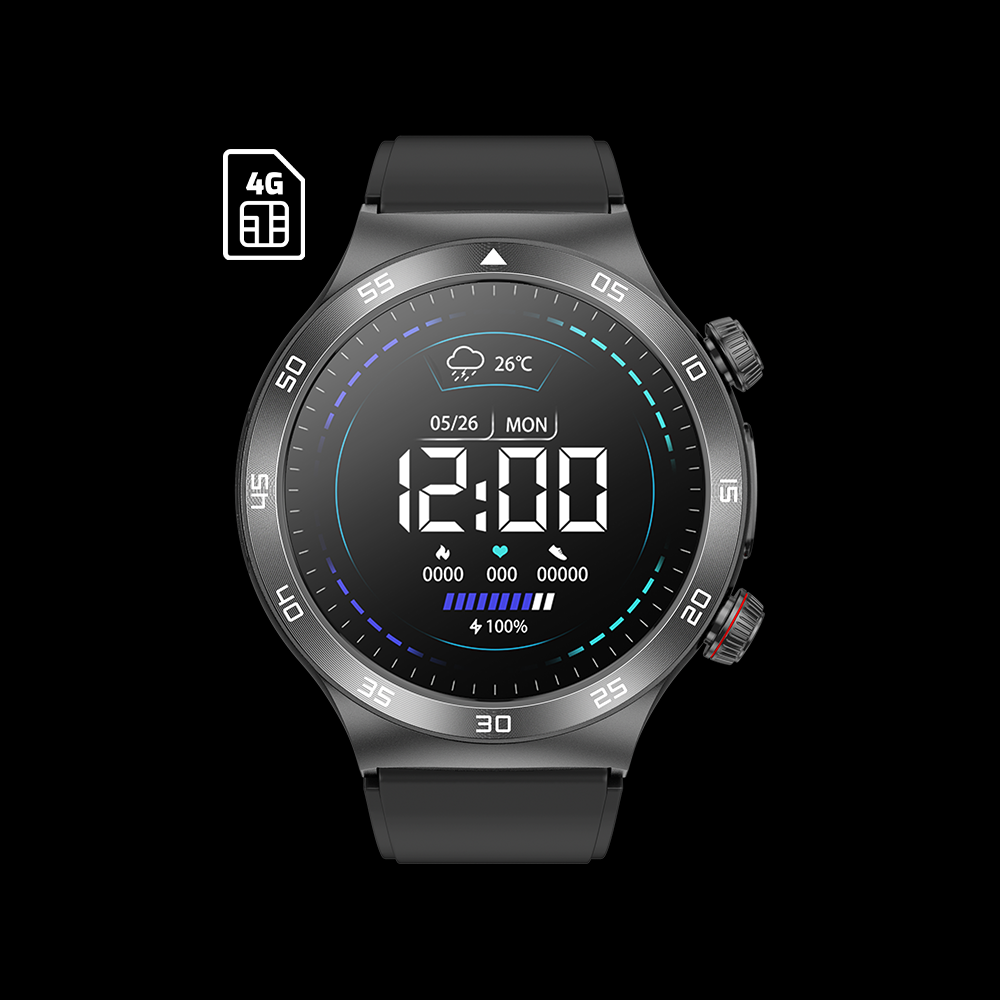
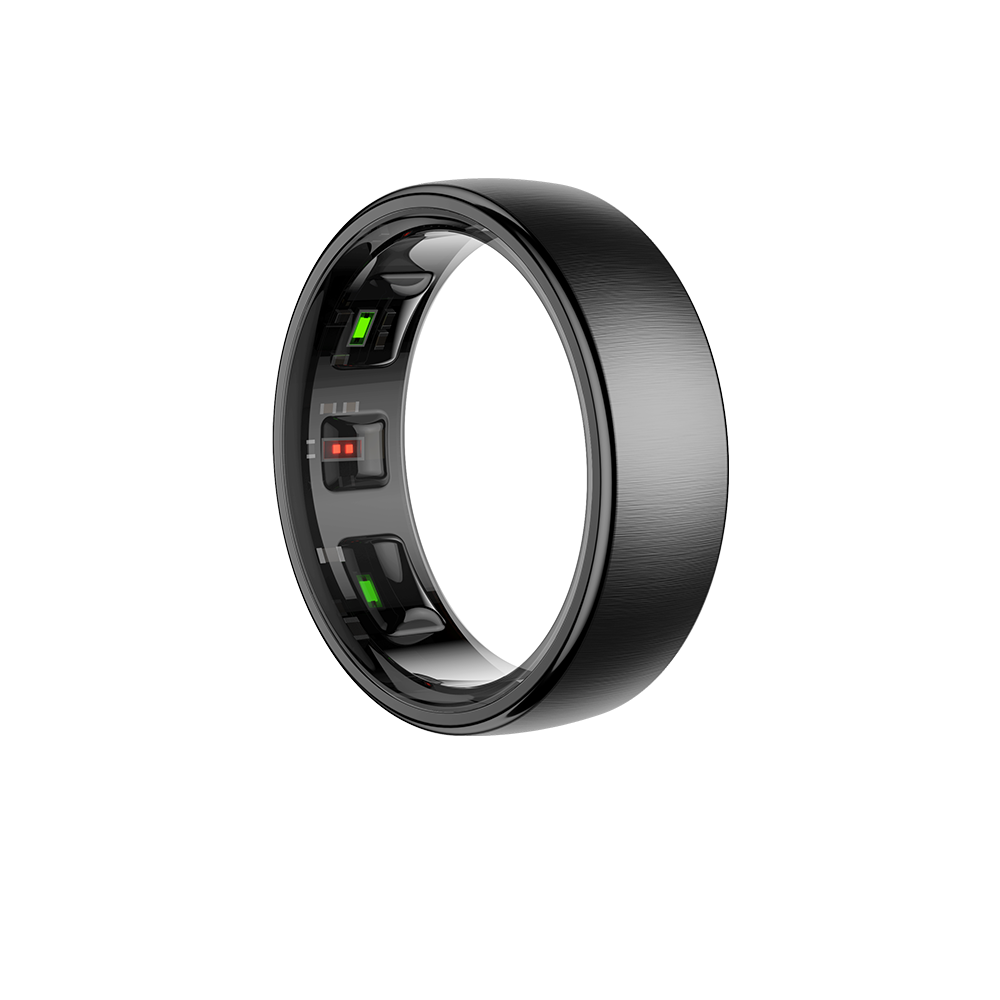
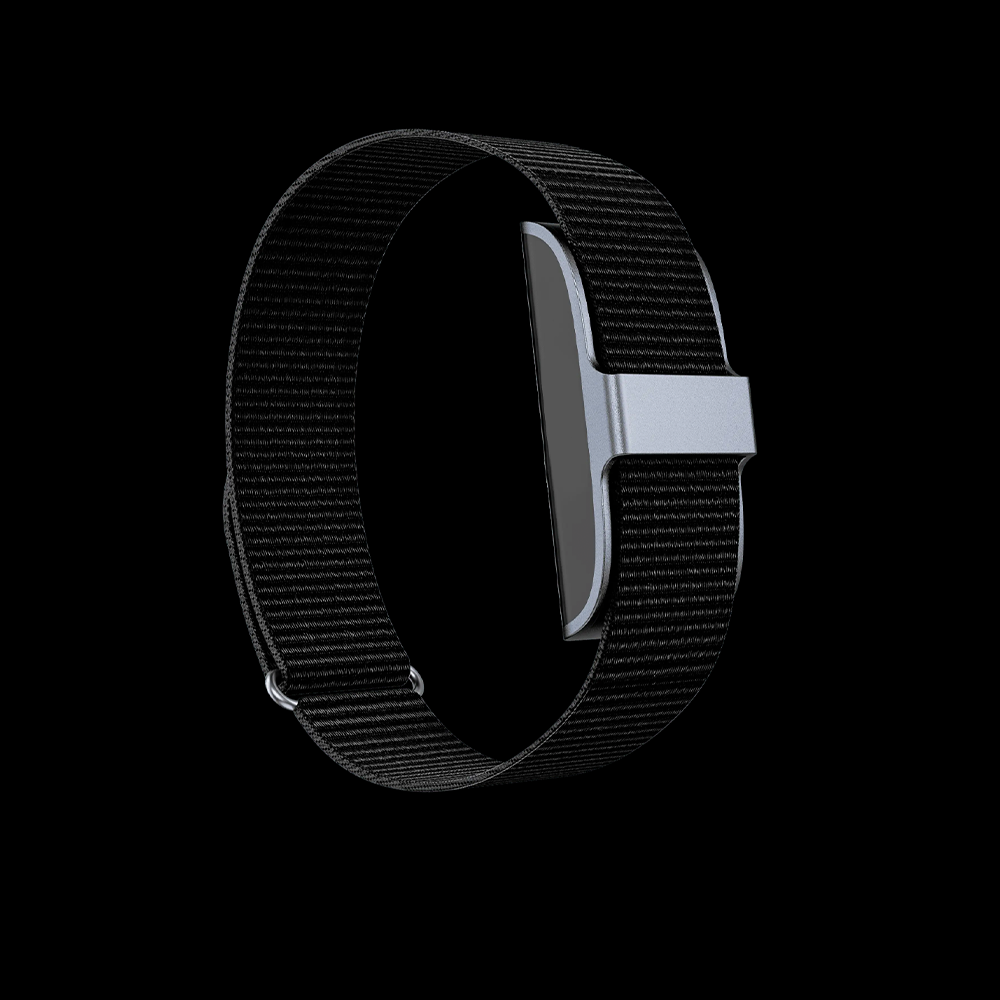
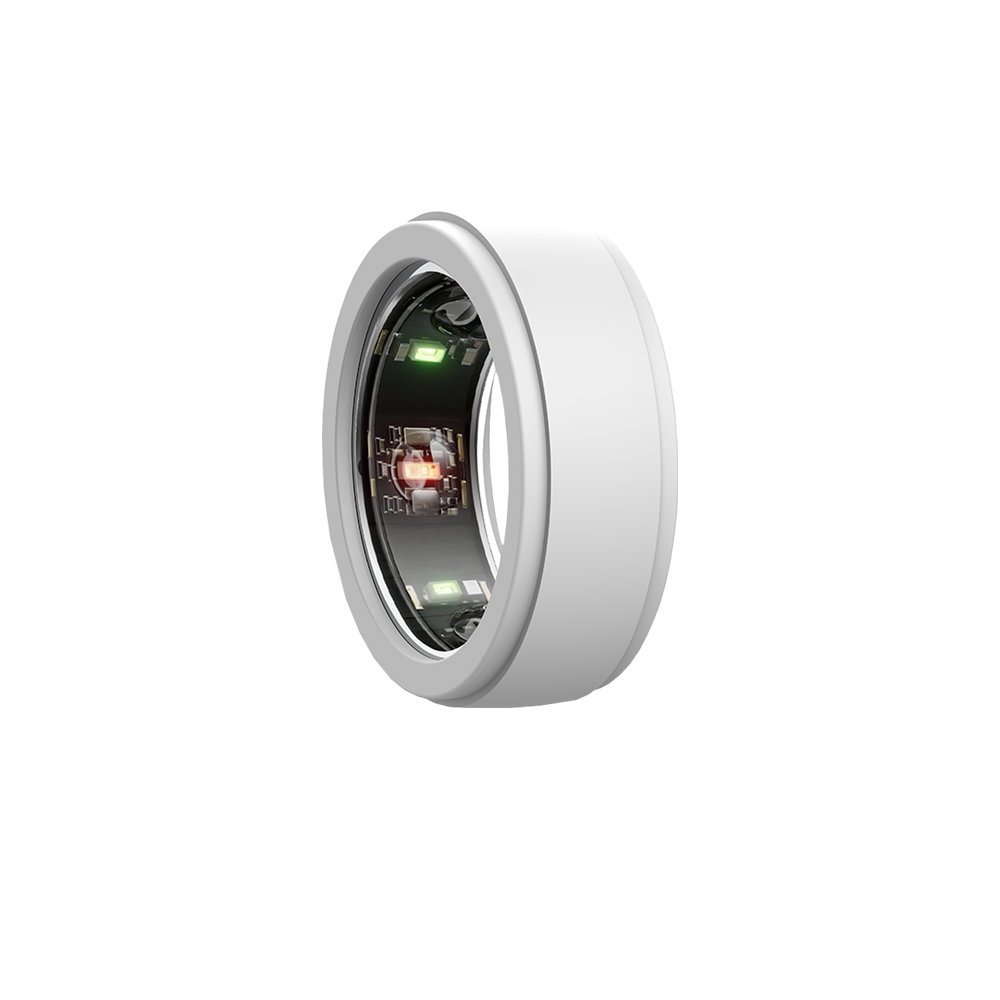

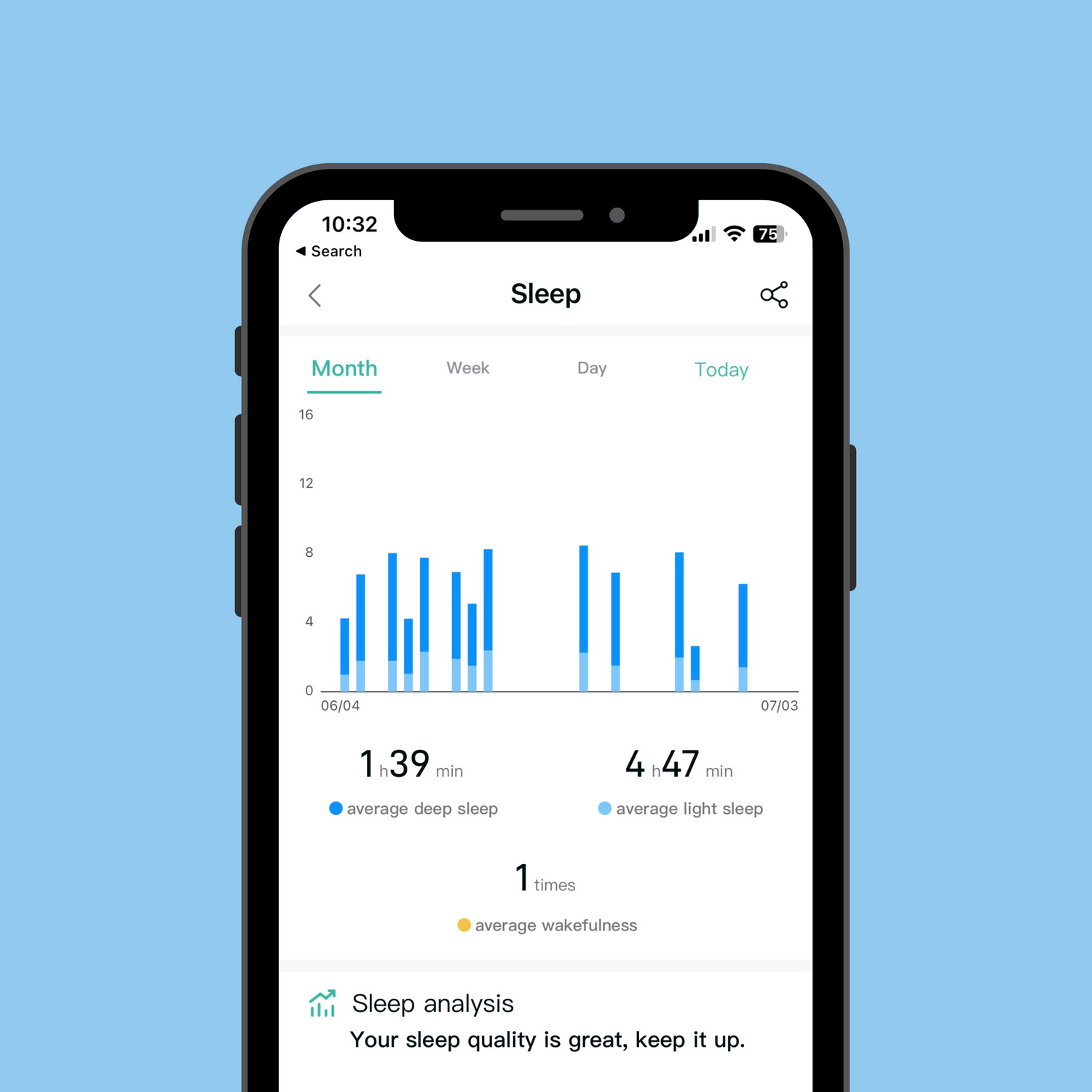

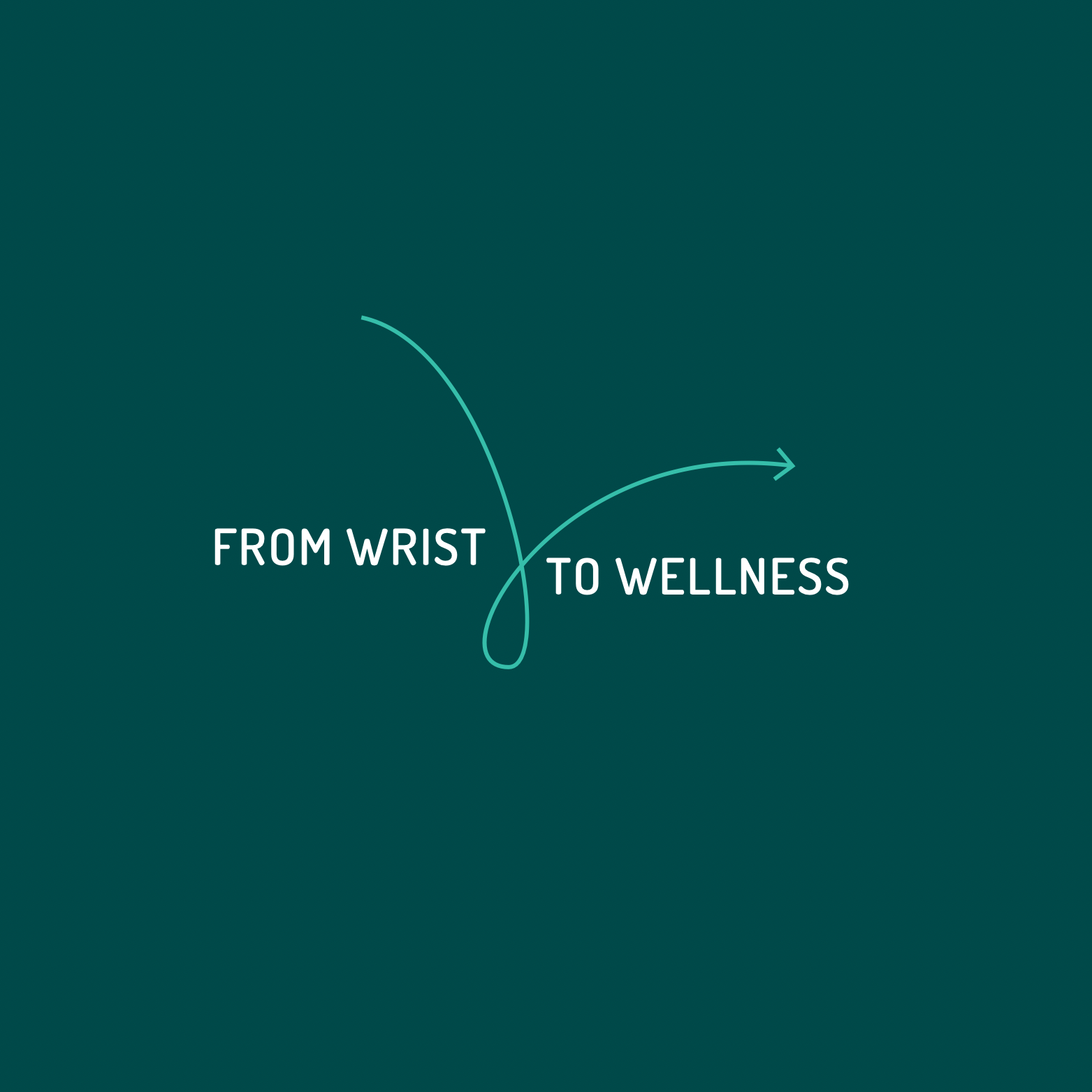
Leave a comment
This site is protected by hCaptcha and the hCaptcha Privacy Policy and Terms of Service apply.